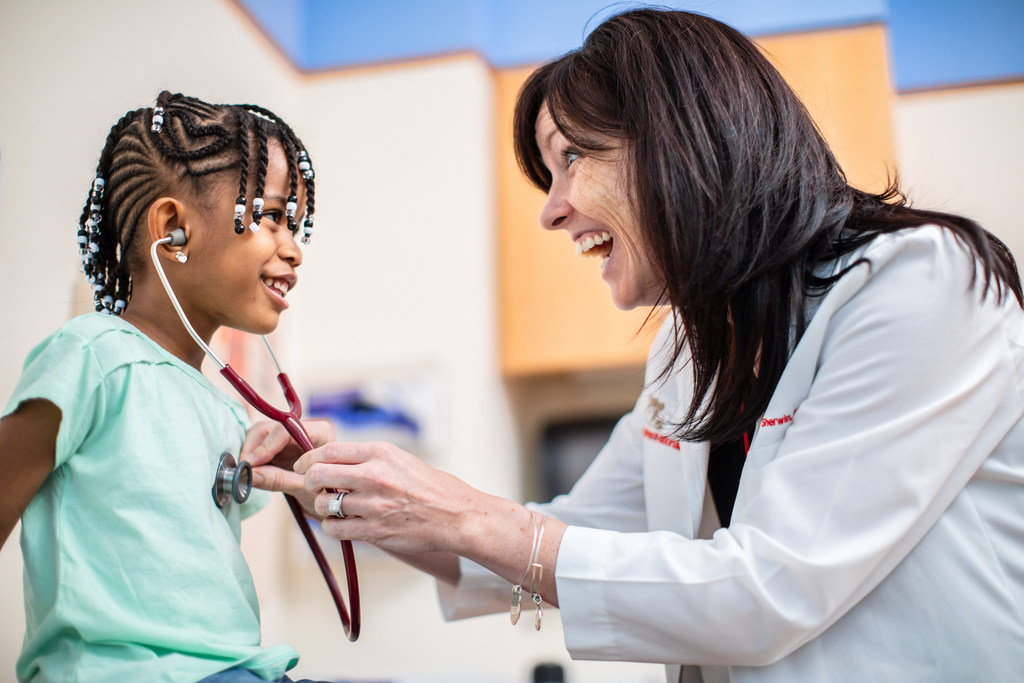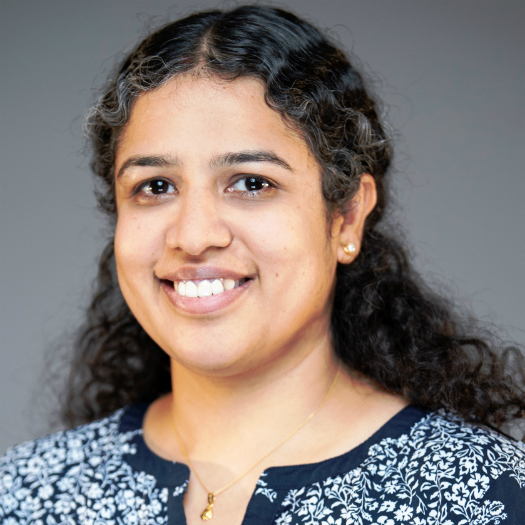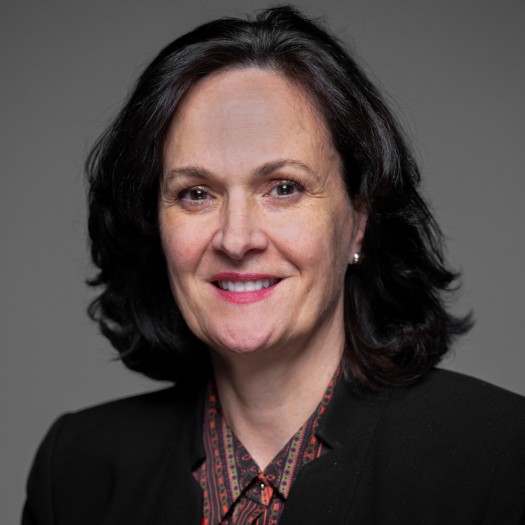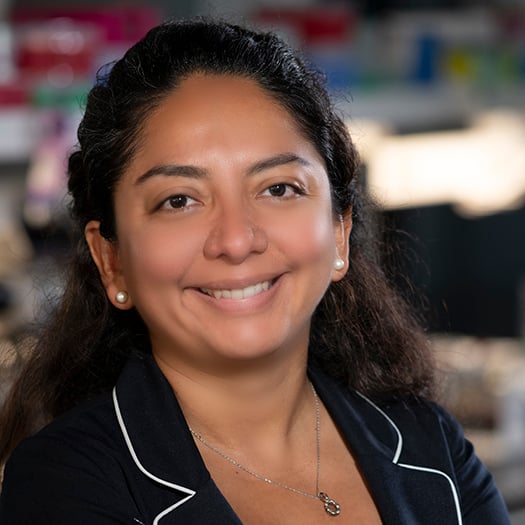First Washington-based Turner syndrome clinic opens Jan. 28
Monthly clinic at Children's National delivers personalized treatment for girls diagnosed with a rare endocrine condition, resulting in a missing or partially deleted X chromosome

WASHINGTON – Starting Monday, Jan. 28, girls with Turner syndrome will be able to receive comprehensive and personalized treatment at Children’s National Health System for the rare chromosomal condition that affects about one in 2,500 female births.
Turner syndrome happens by chance—it’s when a girl is missing a piece of or an entire X chromosome, which can lead to short stature, heart defects and infertility. Turner syndrome may be detected in utero or may also be tested for at birth, specifically if a child is born with lymphedema, dysmorphic features, a webbed neck or heart defects, such as coarctation (narrowing) of the aorta. In other cases, Turner syndrome may not be apparent until childhood, when children exhibit signs of short stature or delayed puberty.
Many girls with Turner syndrome often work with a pediatric endocrinologist to address poor growth and delayed puberty, which may be treated with human growth hormone and estrogen replacement therapy. They may also need specialty care to screen for and treat heart defects, frequent ear infections, hearing loss, vision problems and challenges with non-verbal learning.
Roopa Kanakatti Shankar, M.D., M.S., a pediatric endocrinologist at Children’s National, aims to consolidate treatment with a comprehensive Turner syndrome clinic, which simplifies the process for patients and creates a specialized center for patient care.
“We’re creating a place that girls with Turner syndrome can come to receive specialized and personalized treatment, while feeling supported,” says Dr. Shankar.
Patients can now schedule annual 60- to 90-minute visits and meet with multiple specialists in one clinic location:
-
Cardiology – Yue-Hin Loke, M.D.
-
Endocrinology – Roopa Kanakatti Shankar, M.D.
-
Gynecology – Veronica Gomez-Lobo, M.D.
-
Psychology – Lauren Clary, Ph.D.
-
Genetics – Eyby Leon Janampa, M.D., or Eric Vilain, M.D., Ph.D.
-
Genetics counselor – Jullianne Diaz, M.S., C.G.C.
The multi-specialty referral team includes neuropsychologists, otolaryngologists (ear, nose and throat doctor), orthopedics, urology and dentistry to address unique medical needs. Families can also schedule appointments with audiology and get labs and other studies on the same day.
As girls with Turner syndrome age, they are at increased risk for diabetes, an underactive thyroid and osteoporosis, which is one reason Dr. Shankar wants to educate and increase awareness early on.
“There is something special about girls with Turner syndrome,” says Dr. Shankar. “They are very inspiring and endearing to work with,” she adds, reflecting on her past research and future goals with the clinic. “Their perseverance in the face of challenges is one of the things that inspires me to work in this field.”
The Turner syndrome clinic at Children’s National meets the criteria for a level 2 clinic designation by the Turner Syndrome Global Alliance by providing coordinated medical care, same-day visits with multiple specialists and connecting patients with advocacy groups.
Within the next two years, Dr. Shankar looks forward to meeting the level 4 criteria, the designation for a regional resource center, by adding multi-institutional research partners, mentoring programs and organizing a patient-family advisory council.
“As we start out, we aim to provide excellent clinical care and create a database while forming these partnerships, and over time, we hope this information will influence future research studies and foster a greater depth of tailored care,” says Dr. Shankar. “Our ultimate goal is to treat, support and empower girls with Turner syndrome to achieve their full potential.”
To learn more about the Turner syndrome clinic, available on the fourth Monday of every month, visit ChildrensNational.org/endocrinology.
Media Contact
This is a carousel. Use Next and Previous buttons to navigate, or jump to a slide with the slide dots.







